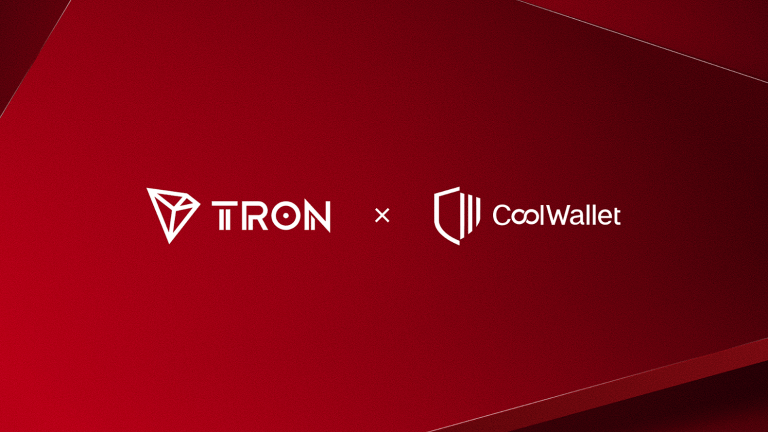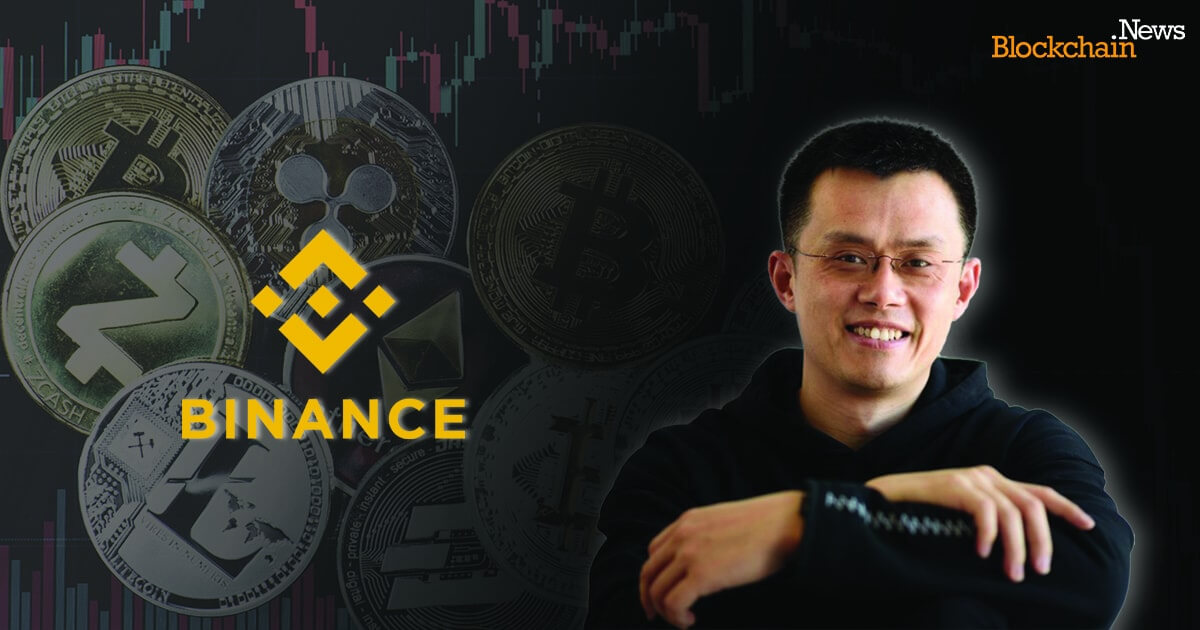Many people do not know the difference between wrapped coins and regular coins, which can prove devastating in the event of an exchange collapse (like FTX). I will do my best to try to explain how they work.
A wrapped token is often used for simplicity cross chain. They are promised to be backed 1:1 on the original chain, and allow you to manipulate with a token on a chain that it is not native to.
For example, regularly you cannot have BTC on the BSC. However, some providers (such as Binance), may give you the option to essentially deposit 1 BTC (from mainnet), and withdraw it on the BSC as a wrapped token (WBTC).
Many mistaken this for actual BTC. It does act and hold value like BTC (till it doesn't), but it is not actually BTC. In this example, you are essentially locking your BTC at binance (or any other provider), and they are in return giving you a different token, and promise you that you will always be able to redeem it 1:1 for the original currency.
Now these do work a lot, and are useful to many people, but problems may arise when it come to solvency issues. If these tokens are issues by exchanges, then in the unlikely case that the exchange is insolvent, or goes bankrupt, your BTC (or any other wrapped token) is at the mercy of the exchanges, with you possibly having difficulty getting it back.
(Yes, there are some DE-FI platform that lock tokens in smart-contracts, but that is a whole other post about the risks associated with that).
So there, just wanted to put that out there. with exchanges it is always NOT YOUR KEYS, NOT YOUR COINS, but the same applies for exchange issued wrapped tokens.
[link] [comments]

You can get bonuses upto $100 FREE BONUS when you:
💰 Install these recommended apps:
💲 SocialGood - 100% Crypto Back on Everyday Shopping
💲 xPortal - The DeFi For The Next Billion
💲 CryptoTab Browser - Lightweight, fast, and ready to mine!
💰 Register on these recommended exchanges:
🟡 Binance🟡 Bitfinex🟡 Bitmart🟡 Bittrex🟡 Bitget
🟡 CoinEx🟡 Crypto.com🟡 Gate.io🟡 Huobi🟡 Kucoin.

















Comments